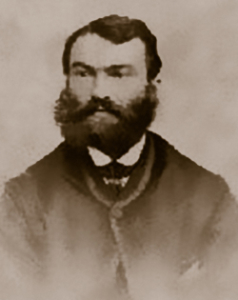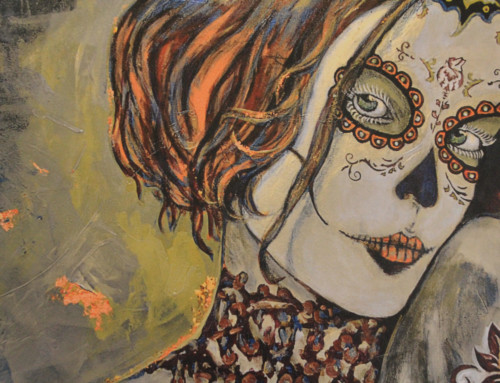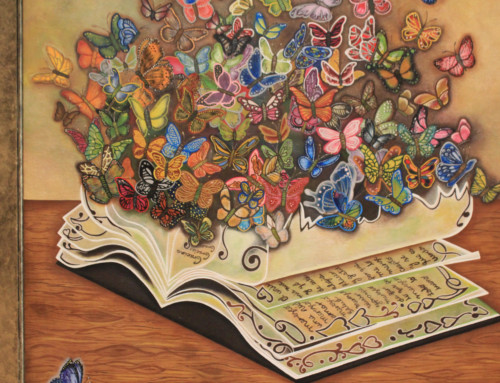The American case: The Prisoner of Parkinson without a Pain sociology
By Prof. Giovanni Carlini
Speaking with eighty Sociology faculties in American Universities on the theory of The Prisoner of Parkinson, it comes out that the study of the pain and of the illness is emerges as the study of pain is still little taken into account.
Watching all the intense researches on the sociology of the family, fertility and gender issues, (man and woman with attached relations and social inclusion) it is not yet gained an adequate awareness about the transformations that undergoes life facing the pain in the illness an in old age.
The aim of sociology is to understand how the human behavior changes in the presence of specifics events. Certainly the religion and the religious sense are very important in the way men and women relate to each other and to the culture of the divinity (let’s think to all the religious wars broken out in the last centuries and still the presence of fundamentalism in the modern life). In fact, in every sociology faculty staff, there are always one or more professors dedicated to the religious sensibility and its effects on society. This also applies to the economic sociology, fertility, work. It is often possible to observe classes on the emerging areas of the world and then? And that’s it. Pain is not contemplated at this moment as an event able to change (in a positive way) the human behavior.
It is also true that the first impact of sociology with the Parkinson disease, at least in Italy, had just been in October 2014; it has been divided in 2 paths one doctrinal focused on the study of the disease, but this one works behind a desk and the other path takes place in working face-to-face with the sick (The Prisoner of Parkinson). Just the first path is funded.
On this second path of the sociological research on the Parkinson all the hope is concentrated for an improvement in the quality of patients’ life, today seen as prisoners, because of the theory: The Prisoner of Parkinson.
Without spending too many words on the obvious, it is clear that the disease and the pain have a strong influence on human relationships; the lack of study expresses a cultural trend that excludes the bad, the death and the suffering from the consideration and ordinary consumer.
The medicine is still strong on monopolizing all the aspects connected with the health care in general and some steps have been taken forward in psychology, while remaining limited on the personality of the patient.
In the name of the civilization it is therefore necessary to open the sociological study of the disease, especially applied to those long term illnesses able to change people and families behavior.
An important part of the sociological theory of The Prisoner of Parkinson into a Pain sociology studies, focused on this topic.
From the studies carried out it is possible to understand that the prisoner is usually ashamed of his/her situation and this limits himself/herself in the emotional relationship. Not only that, he/she does not explain to the partner the situation and the partner has lack of information on how to help him/her.
Research reveals also opposite cases of hyper sexual reactivity from people with serious problems on the couple relationship.
A range of behaviors open up in the disease, reactions and sufferings that are common in the intimate relationship and they find a meeting point in the disease (hence the expression of the prisoner, as if you were stuck in a role and you would like to get out without having the appropriate tools).
In the name of a good quality of life even in the illness and in the pain, that are an integral part of human existence, it is healthy that sociology assumes its responsibilities, by studying models of appropriate behavior: we need classes in our universities focused on the sociology of the disease (The Prisoner of Parkinson in Pain sociology studies).
We wish us good job.









Scrivi un commento